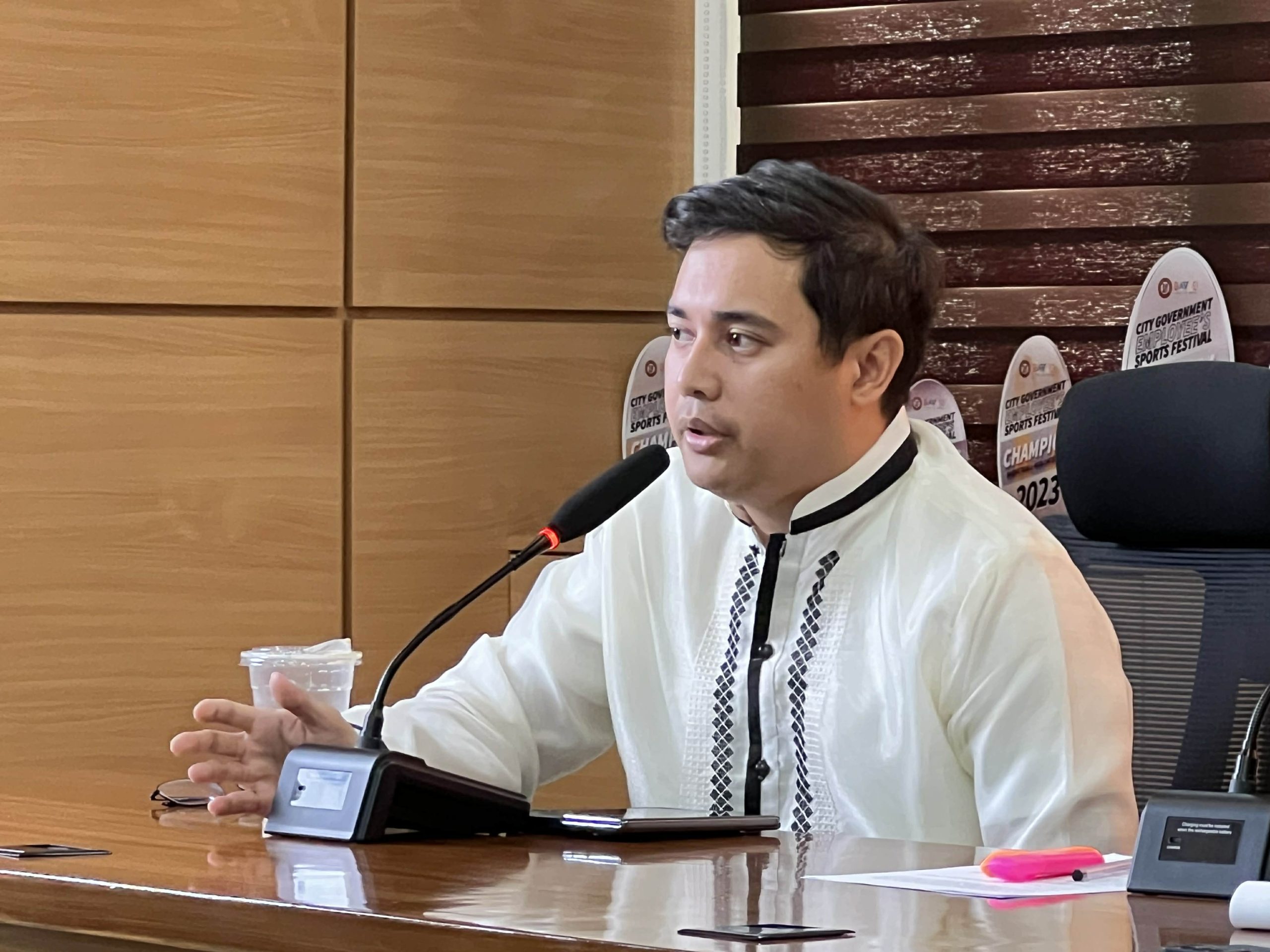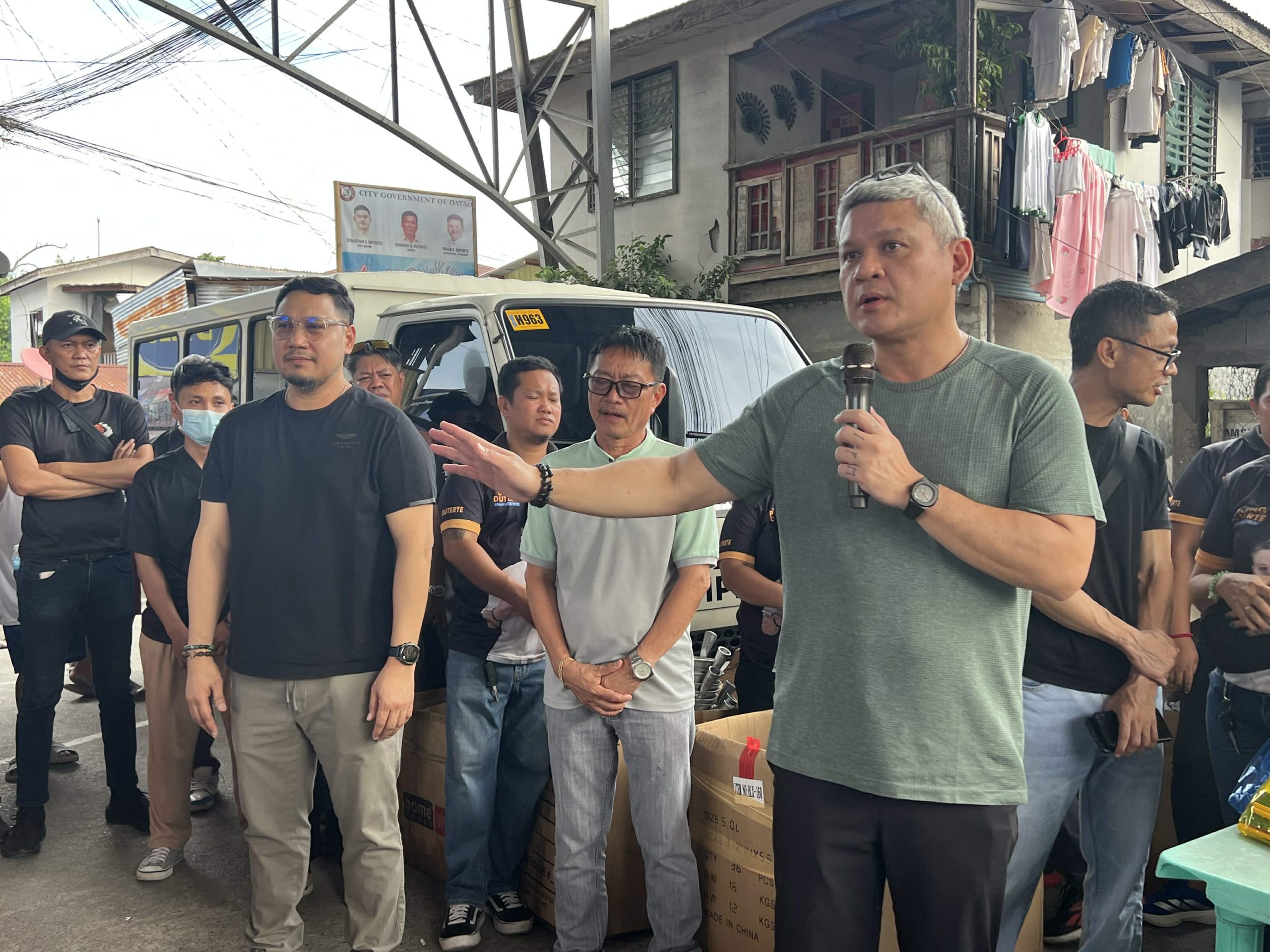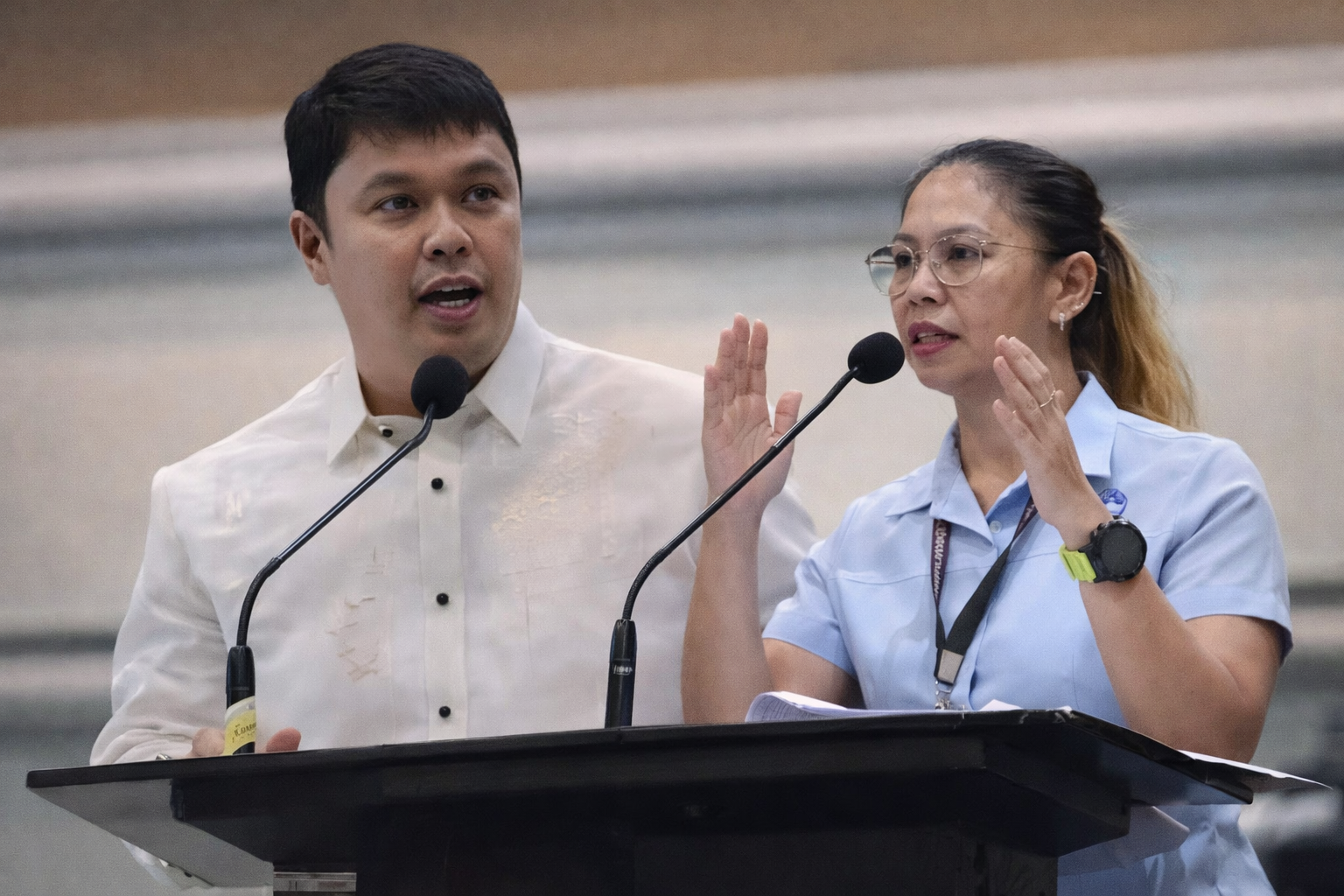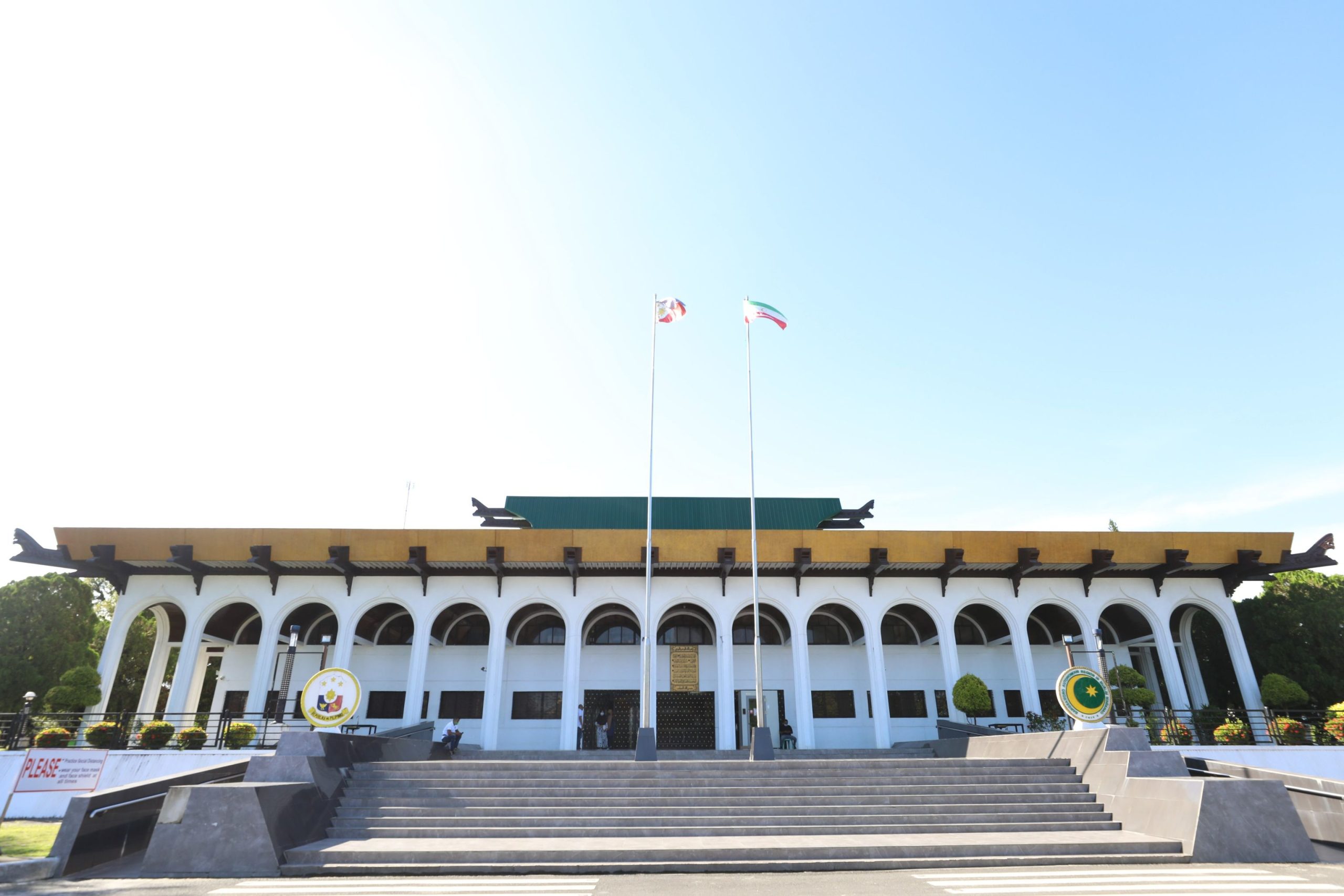- Describes flyover as monument of failed planning and negligence
DAVAO CITY –A group that identified itself as the Philippine Anti-Corruption Council (PACC) surfaced this week and released its findings on the controversial P1.38-billion Maa–Magtuod Flyover Project in Davao City, branding it a “monument of failed planning, negligence, and betrayal of public trust.”
It can be recalled the Pres. Ferdinand Marcos, Jr. scuttled the Presidential Anti-Corruption Commission (PACC) created during the term of former President Rodrigo Duterte when he assumed office citing duplicity of functions. It appears that the Philippine Anti-Corruption Council continued from where PACC left but in private endeavor.
In a report following its probe and on-site inspection on August 26, 2025, PACC Chairman Louie F. Ceniza, PhD, together with its President VAdm Andres Visaya Jr. of the Philippine Coastal River Guards Agrupation and Board of Trustees member Pastor Richie Cubos, the team cited serious lapses in safety, construction quality, and accountability that they said have already resulted in fatal accidents, worsening traffic, and business closures.
The flyover, awarded under Contract ID 22LO-0017 to the joint venture of J.H. Pajara Construction Corp. and Gemma Construction Supply, Inc., has a contract cost of ₱1.38 billion. It began on April 12, 2022, with an original completion target of 2025.
The Department of Public Works and Highways–11 now estimates structural completion by March 2026, with the full project extending into late 2026 or early 2027. As of its latest update, the project is 82.5 percent complete.
PACC said delays were officially attributed to right-of-way disputes and utility relocation, but stressed these should have been addressed before the groundbreaking.
The report highlighted several major deficiencies:
- Workforce and Safety: Only seven workers were present during the inspection, with some wearing slippers and no helmets, in violation of the Occupational Safety and Health Standards Law (RA 11058).
- Structural Defects: Faulty steel splicing, undersized tie wires, premature concrete cracking, and coping beams set too low without protective railings were noted.
- Site Safety: The site lacked signage, barriers, and traffic marshals. Road shoulders were left riddled with deep potholes, worsening congestion.
- Accidents: The flyover zone has been the site of multiple traffic accidents, including a November 10, 2024 crash involving a wing van, six cars, and five motorcycles that left one dead and six injured.
- Economic Impact: Residents reported daily gridlock, while several businesses along the project site have shut down due to reduced access.
Ceniza said the project had “failed on every front—planning, safety, quality, and accountability.”
PACC has urged the following actions:
- DPWH: Require the contractor to explain within seven days why penalties should not be imposed, including liquidated damages, contract termination, or blacklisting. Regional supervisors may be relieved pending investigation.
- COA: Launch a special audit to verify fund releases against actual accomplishments, amid concerns over possible overpricing and “ghost accomplishments.”
- DOLE: Investigate occupational safety violations, enforce protective equipment requirements, and consider stoppage orders if unsafe practices continue.
- Contractor: Correct all defects at no extra cost to the government.
- Public Engagement: Consult residents, motorists, and business owners to rebuild public confidence.
“The Maa Flyover is no longer just an infrastructure issue—it has become a symbol of failed governance,” Ceniza said.
This is the first time that the Mindanao Journal has heard of the existence of PACC. Its report however is the first revealing and most exhaustive probe into the controversial flyover project in Davao City.





